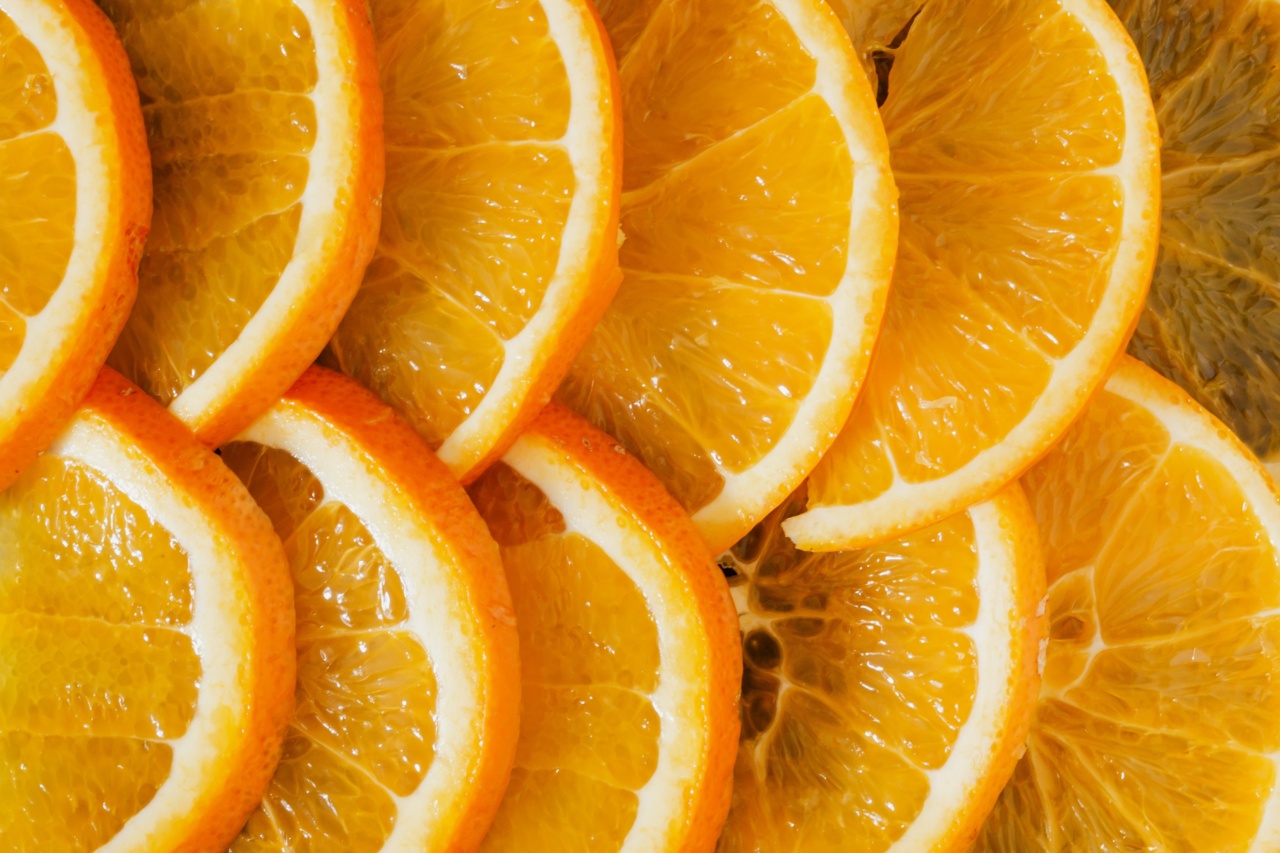Colon cancer, also known as colorectal cancer, is a type of cancer that starts in the colon or rectum. It usually begins as small, noncancerous clumps of cells called polyps that can develop into cancer over time.
This form of cancer is one of the most common types of cancer worldwide and often affects both men and women.
Causes and Risk Factors of Colon Cancer
There is no single cause of colon cancer, but several factors can increase your risk of developing this disease. Some common risk factors include:.
1. Age
Although colon cancer can occur at any age, it is more prevalent in people over 50 years old. The chances of developing this cancer increase significantly with age.
2. Family History
If you have a close relative such as a parent, sibling, or child who has had colon cancer, your risk of developing the disease is higher.
This risk increases further if more than one family member has been affected or if the cancer was diagnosed at a young age.
3. Personal History of Polyps or Colon Cancer
If you have previously had polyps in your colon or have been diagnosed with colon cancer before, your risk of developing this cancer again is increased.
4. Inflammatory Bowel Diseases
Chronic inflammatory bowel diseases such as ulcerative colitis or Crohn’s disease can increase the risk of developing colon cancer over time.
5. Lifestyle Factors
Unhealthy lifestyle choices can contribute to the development of colon cancer. Lack of physical activity, a diet high in red or processed meats, obesity, smoking, and heavy alcohol consumption can all increase your risk.
6. Racial and Ethnic Background
Studies have found that certain racial and ethnic groups, such as African-Americans and Ashkenazi Jews, have a higher risk of developing colon cancer compared to other populations.
How to Lower Your Colon Cancer Risk
While you cannot completely eliminate the risk of developing colon cancer, there are several measures you can take to significantly lower your risk.
One simple yet powerful step is to make dietary changes that include the consumption of specific foods that have shown potential in reducing the risk of colon cancer.
1. Fiber-Rich Foods
Fiber is an essential nutrient that aids digestion and helps maintain bowel regularity.
It is known to lower the risk of colon cancer by speeding up the movement of waste through the colon, reducing the time that harmful substances remain in contact with colon cells. Add more fiber-rich foods to your diet, such as whole grains, fruits, vegetables, legumes, and nuts.
2. Cruciferous Vegetables
Cruciferous vegetables like broccoli, cauliflower, cabbage, and Brussels sprouts contain high levels of fiber, vitamins, minerals, and antioxidants.
Studies suggest that regular consumption of these vegetables may help protect against colon cancer development.
3. Garlic and Onions
Garlic and onions belong to the Allium family and are rich in organosulfur compounds. These compounds have been found to possess anti-cancer properties and may help reduce the risk of colon cancer.
Incorporate garlic and onions into your meals for added flavor and potential health benefits.
4. Berries
Various types of berries, such as strawberries, blueberries, raspberries, and blackberries, are packed with antioxidants and other beneficial compounds. These fruits have been associated with a reduced risk of colon cancer in several studies.
Enjoy a handful of berries as a snack or add them to your breakfast cereal or smoothies.
5. Green Leafy Vegetables
Leafy greens like spinach, kale, and Swiss chard are rich in vitamins, minerals, and fiber. They also contain chlorophyll, a pigment that has been linked to cancer prevention.
Aim to include a variety of green leafy vegetables in your diet to help lower your colon cancer risk.
6. Curcumin
Curcumin, the active compound in turmeric, has powerful anti-inflammatory and antioxidant properties. Studies have shown that curcumin may inhibit the growth of colon cancer cells and reduce the risk of developing this cancer.
Consider adding turmeric to your dishes or try curcumin supplements after consulting with your healthcare provider.
7. Fish
Fish such as salmon, sardines, and mackerel are excellent sources of omega-3 fatty acids, which have been linked to a decreased risk of colon cancer. Include oily fish in your diet a few times a week to reap the potential benefits.
8. Green Tea
Green tea contains high levels of antioxidants, particularly catechins. These compounds have been studied for their potential cancer-fighting properties, including the ability to inhibit the growth of colon cancer cells.
Enjoy a cup of green tea daily or try incorporating it into your cooking and baking.
9. Turmeric
Turmeric is a spice commonly found in curry dishes and contains a compound called curcumin. Curcumin has shown promising anti-cancer properties and may help prevent the development of colon cancer.
Consider adding turmeric to your meals or try turmeric supplements after consulting with your healthcare provider.
10. Healthy Hydration Habits
Drinking plenty of water and staying adequately hydrated is vital for maintaining optimal colon health. Water helps soften the stool, making it easier to pass and reducing the risk of constipation. Aim to drink at least 8-10 glasses of water each day.
Conclusion
Lowering your colon cancer risk starts with adopting a healthy lifestyle, which includes making smart dietary choices.
Incorporating fiber-rich foods, cruciferous vegetables, garlic, onions, berries, green leafy vegetables, curcumin, fish, and green tea into your diet can potentially reduce your risk of colon cancer. Remember to also maintain a physically active lifestyle, avoid smoking, limit alcohol consumption, and undergo regular screenings as recommended by your healthcare provider.
By taking proactive steps, you can help protect your colon health and reduce the likelihood of developing colon cancer.






























